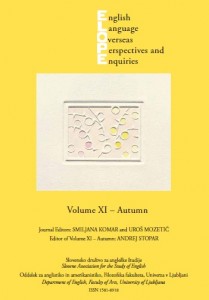Using expressions from other languages is risky and fine and replete with an “I don’t know what.”
A well-placed French or Latin or Slovenian expression can contribute to the impression of a well-educated writer.
However, there are other dangers.
First, you might sound pretentious (like you’re lording your knowledge of Ancient Greek over your reader).
Second, you might sound hackneyed. Phrases such as carpe diem, je ne sais quoi and crème de la crème are overused to the point of cliché.
Third, italics. When to use them? According to the Chicago Manual of Style, “Italics are used for isolated words and phrases in a foreign language if they are likely to be unfamiliar to readers.”
Fourth, it can be obvious that we simply can’t think of an English word…
Fifth, you need to be careful to write the word correctly, including accents. “garcon” [sic] is best avoided if you can’t find the cedilla on your keyboard.
Sixth, plurals can get messy. For example, if you order a “panini” (rather than a “panino”), you will not go hungry. If you speak of “tempos” after going to the opera, the chattering classes might wrinkle their collective noses. When it doubt, check the dictionary!
Jason Blake and Monika Kavalir

